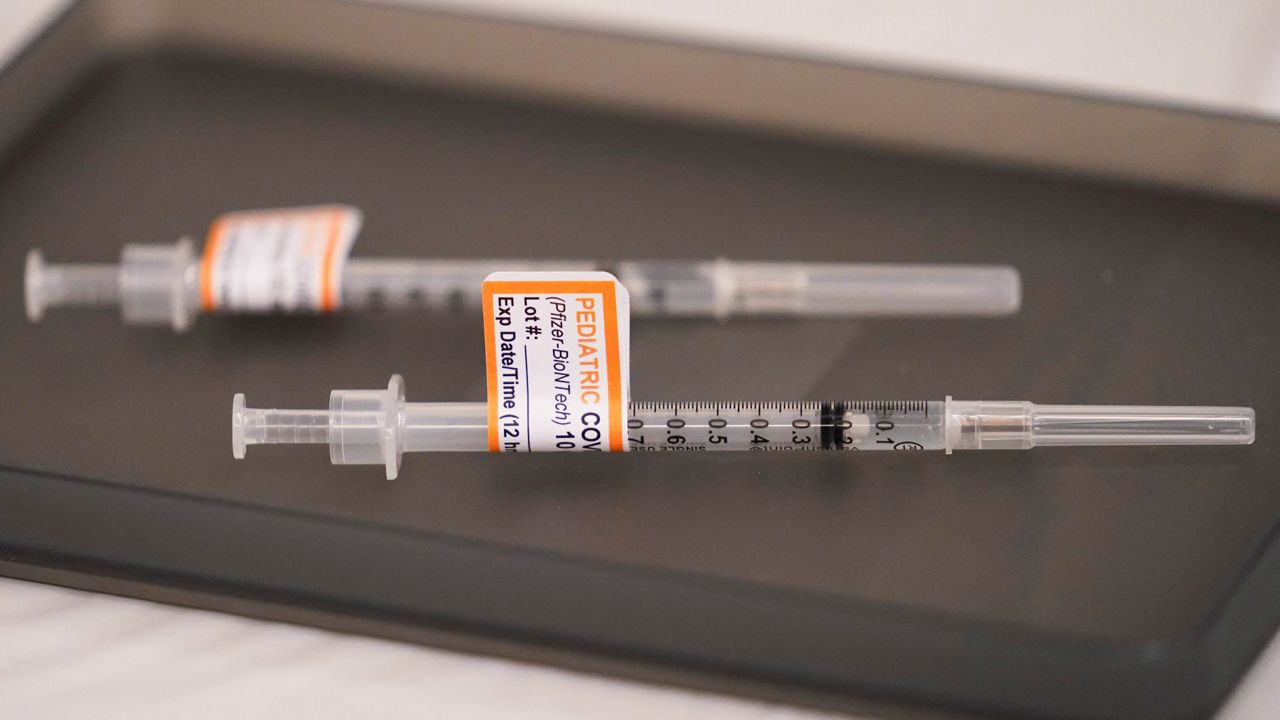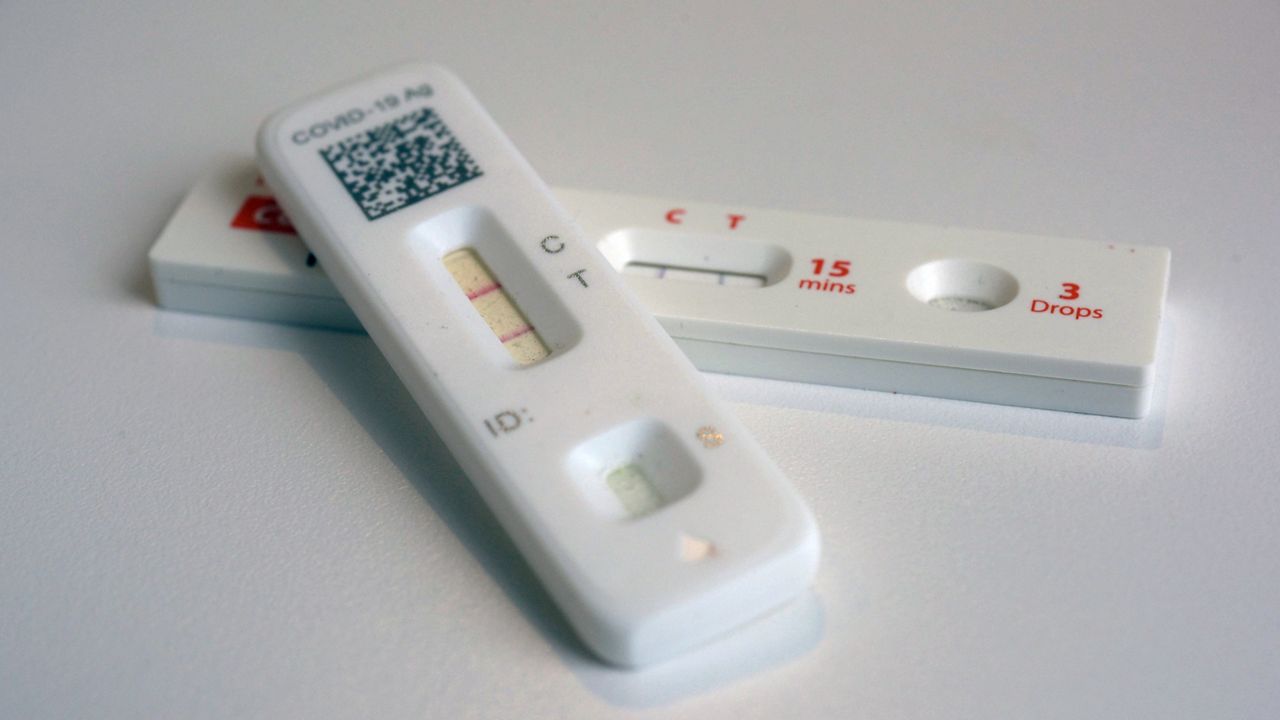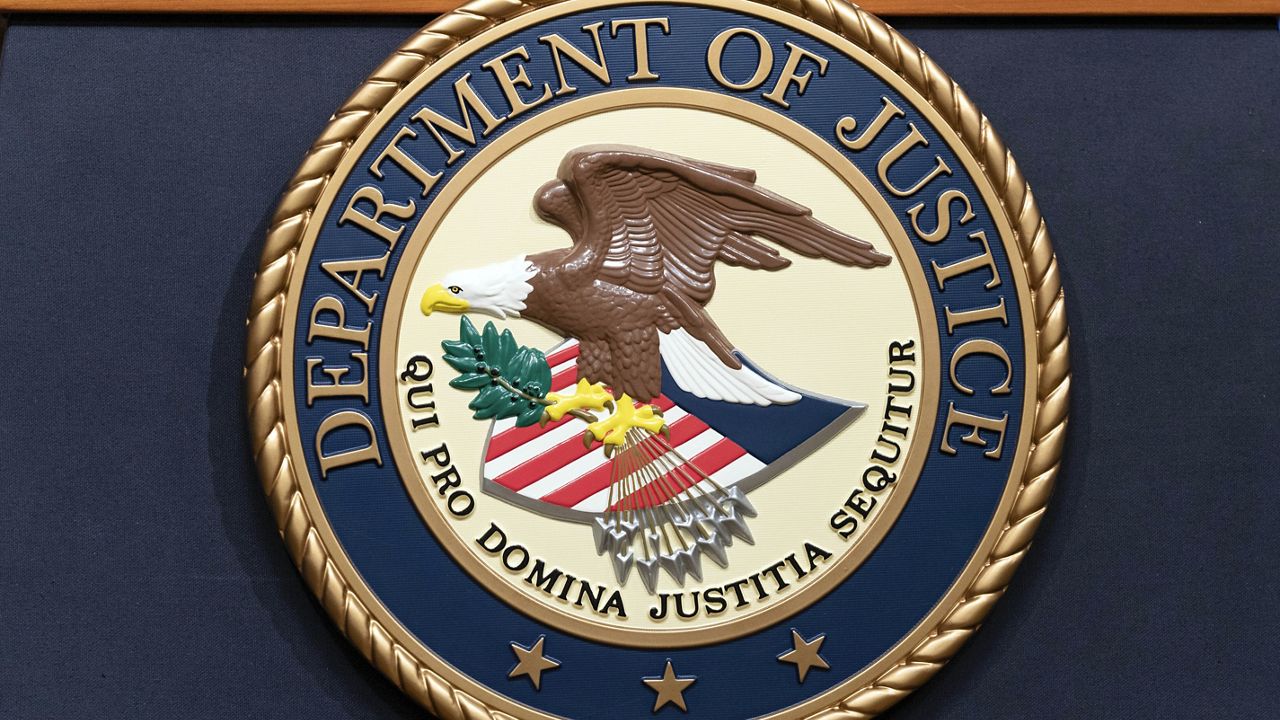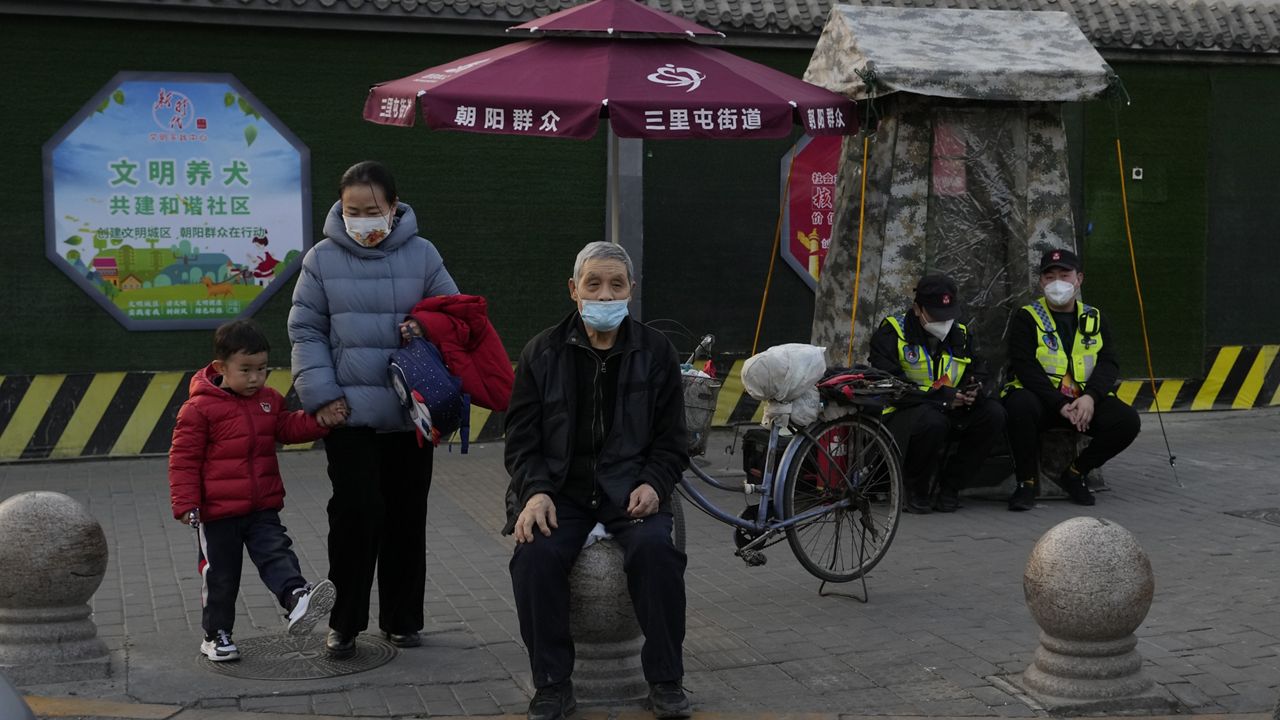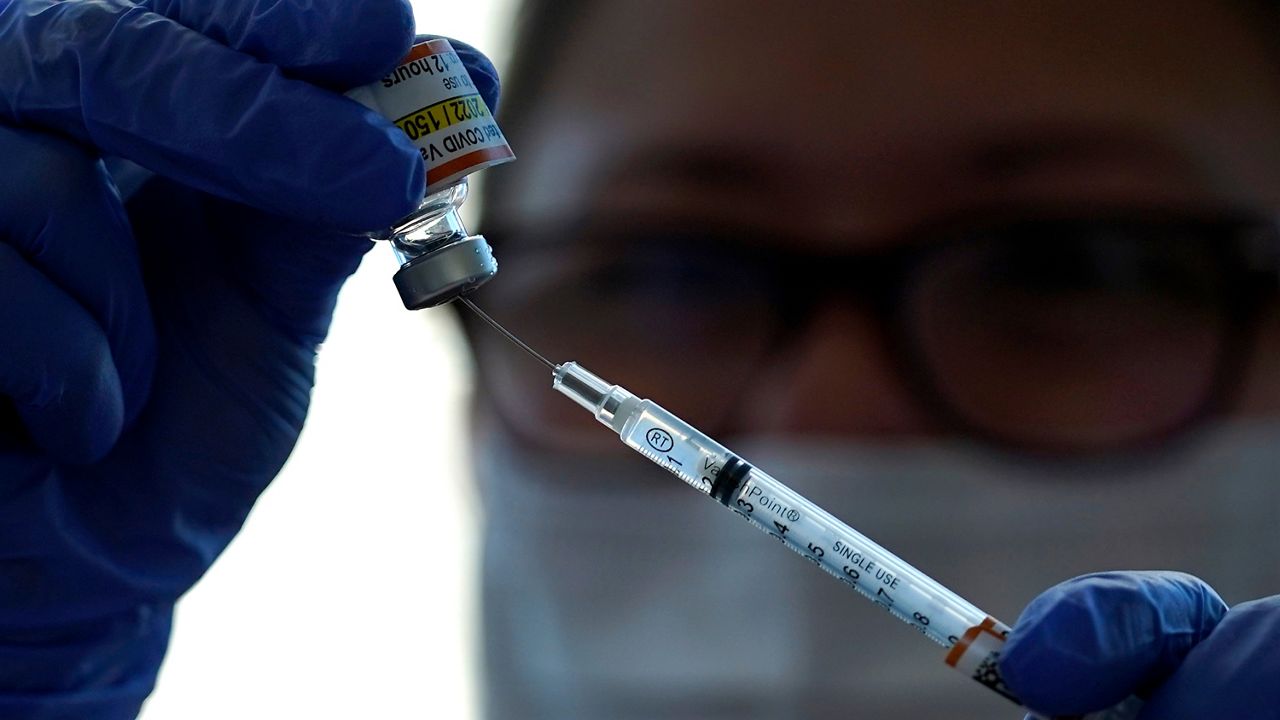Millions of COVID-19 vaccine doses have been ordered for small children in anticipation of possible federal authorization next week, White House officials say.
What You Need To Know
- White House officials say orders have been coming in for COVID-19 vaccine doses for small children
- Federal authorization of shots for U.S. kids under 5 is possible next week
- The government last week began allowing pharmacies and states to place orders, with 10 million doses now available
- So far, about 1.45 million of the first 2.5 million available doses of Pfizer have been ordered, and about 850,000 of available Moderna shots have been ordered.
The government allowed pharmacies and states to start placing orders last week, with 5 million doses initially available — half of them shots made by Pfizer and the other half the vaccine produced by Moderna, senior administration officials said.
As of this week, about 1.45 million of the 2.5 million available doses of Pfizer have been ordered, and about 850,000 of available Moderna shots have been ordered, officials said. This week, the administration opened up another 5 million doses for jurisdictions, with more orders are expected in the coming days.
Young children are the last group of Americans who have not been recommended to get COVID-19 vaccinations. Up to about 20 million U.S. children under 5 would become eligible for vaccination if the government authorizes one or both shots.
Vaccinations should begin in earnest as early as June 21, said White House COVID-19 response coordinator Dr. Ashish Jha on Thursday.
"Our teams are hard at work planning for the possibility that FDA and CDC will give the green light in the near future," said Dawn O'Connell, who leads the administration's public health preparedness and response.
O'Connell said they predict 85% of kids will live within five miles of a potential vaccination site.
Pfizer has asked FDA to authorize three doses of its COVID-19 vaccine for children ages 6 month to 4 years. Each dose is one-tenth of the amount adults receive.
Moderna has asked FDA to authorize two shots for kids ages 6 months to 5 years, each containing a quarter of the dose given to adults.
The Food and Drug Administration authorizes the use of vaccines, while the Centers for Disease Control and Prevention issues recommendations to doctors and the public about using them.
An FDA advisory committee is scheduled to meet Tuesday and Wednesday to review data from the two companies. Officials say they expect a FDA decision shortly after that meeting.
A CDC advisory committee is scheduled for next Friday and Saturday, with a CDC decision expected soon after.
O'Connell noted that they have offered states and other localities an equal number of Moderna and Pfizer vaccine, meaning parents could have access to both options or one depending on where they live and depending on federal health agencies decision-making next week.
It's not clear how popular the shots will be. A recent survey suggests only 1 in 5 parents of young children would get their kids vaccinated right away.
And public health officials have been disappointed at how many older U.S. children, who have been eligible for shots for months, have yet to be vaccinated: Less than one-third of kids ages 5 to 11 have gotten the two recommended doses, according to government figures.
"As we go down in the age groups, we see lower and lower uptake" of vaccines, said Dr. Lucia Abascal of the California Department of Public Health.
Asked about the low uptake on Thursday, Surgeon General Vivek Murthy, who has a daughter under 5, said he expects parents to want to consult with multiple people, such as peditricians, before making the decision whether to vaccinate their young child.
"Parents, understandably, are cautious about the decisions they make when it comes to their children's health care," he said. "Our goal then is to double and triple down on the relationships and partnerships we're building with those trusted messengers."
Dr. Jha also noted that the money being used to fund these shots was previously authorized by Congress, as he and other top health officials call for additional funding from Congress to prepare for the fall and keep testing, vaccine and other resources online.






